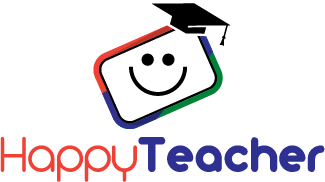3 CREDIT COURSE
The 5 Components of Reading Strategies in Phonology, Phonics, Fluency, Vocabulary & Comprehension
The 5 Components of Reading: Strategies in Phonology, Phonics, Fluency, Vocabulary & Comprehension
This course runs from the first to the last day of the month you register. Enrollment remains open until the 21st of each month.
Couldn't load pickup availability

Buy more, learn more, save more!
Course Description
Ready to unlock the secrets of proficient reading? This engaging course, based on Dr. Hollis Scarborough’s Reading Rope Model, will guide you through the complex tapestry of reading and language processes. Designed for immediate classroom impact, this course highlights the need for explicit, direct instruction and provides practical examples and methods, inclusive of learners with Developmental Language Disorder, Dyslexia, and English Language Learners. The course examines the essential role of regular assessments in ensuring reading proficiency. Rooted in proven research and expert insights, you will walk away with a comprehensive toolkit to elevate your students’ reading skills.
Upon completion of this course, the participant will be able to:
- Identify the typical developmental stages of oral language, phonological skills, word recognition, spelling, fluency, comprehension, and written expression, linking child development to literacy development.
- Apply the science of reading to classroom practices and develop strategies to support students with reading difficulties and diverse language learners.
- Critique the foundations of reading, analyzing phonological awareness development and understanding the structure of language.
- Apply knowledge from assessment administration and interpretation to plan effective instruction, enhancing phonics and word recognition related to reading.
- Describe the significance of fluency and the sequential skills needed for becoming a fluent reader, including the causal relationship between phonological skill, phonic decoding, verbal reasoning skill, vocabulary, reading comprehension, and writing.
- Evaluate factors contributing to deep comprehension, such as background knowledge, vocabulary, verbal reasoning ability, knowledge of literary structures and conventions, and skills and strategies for close reading of the text.


